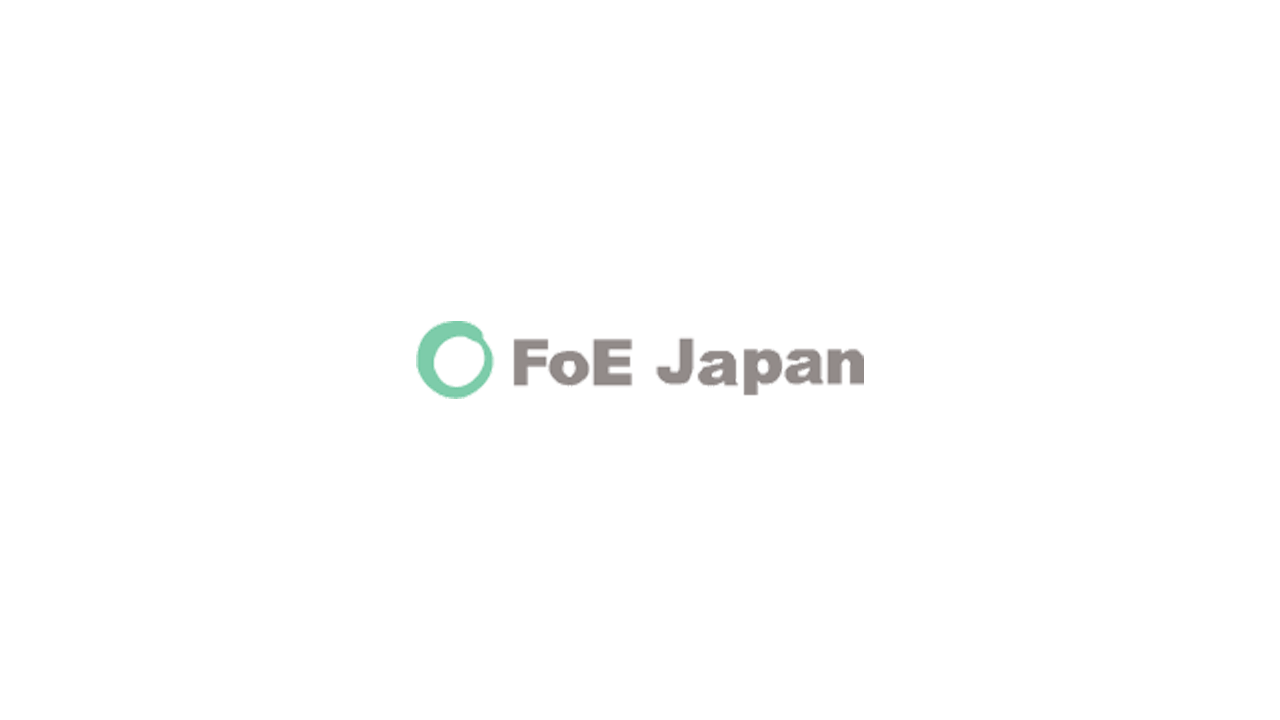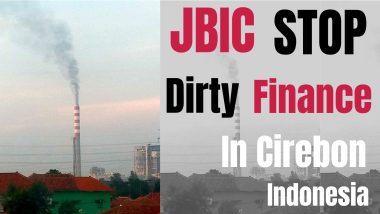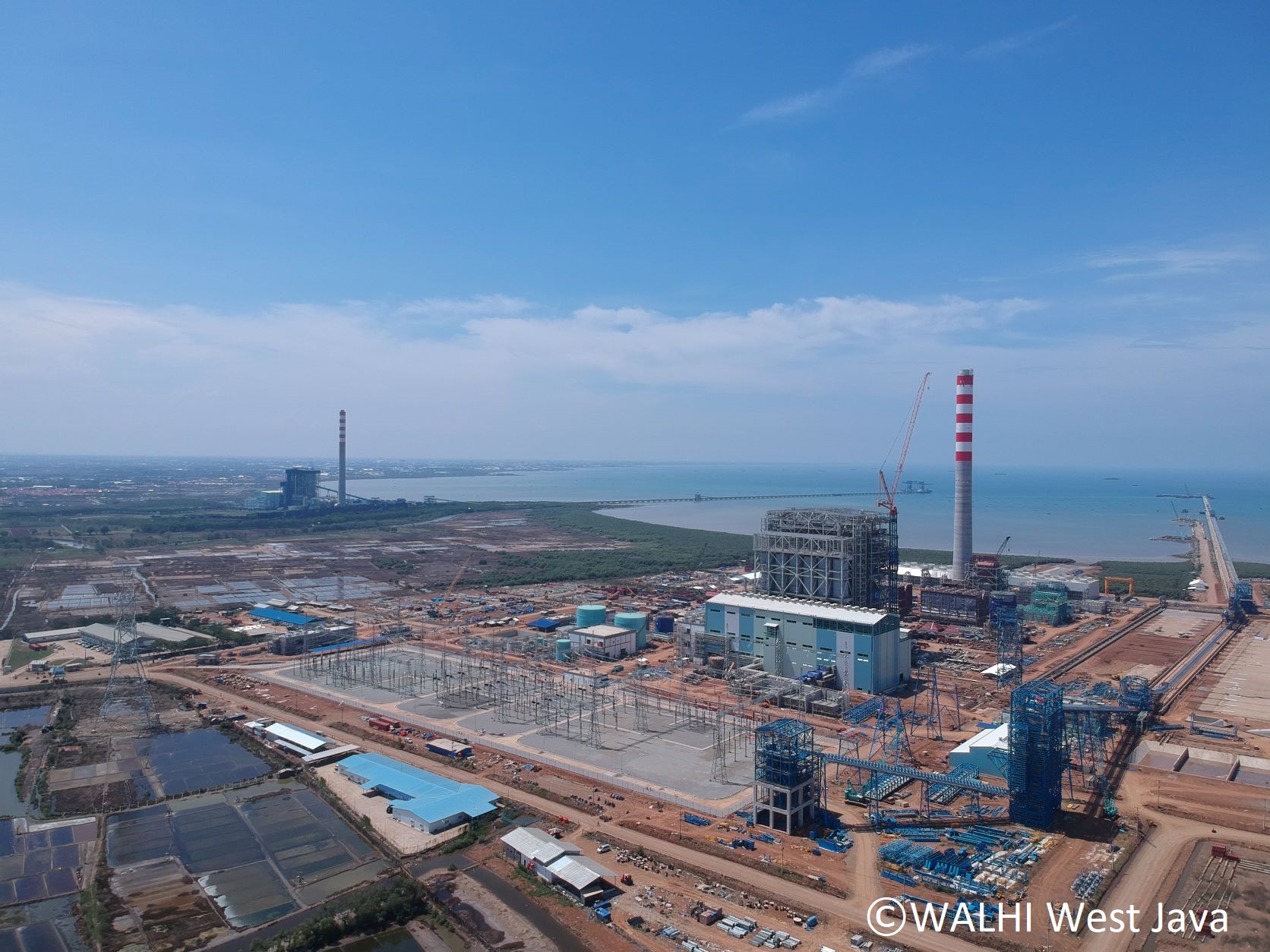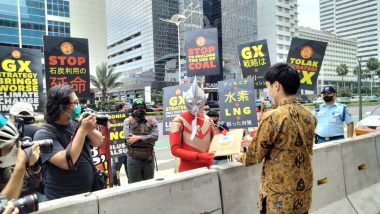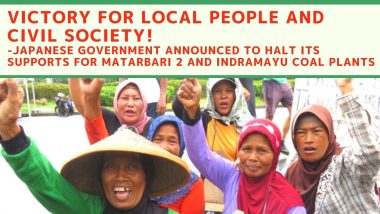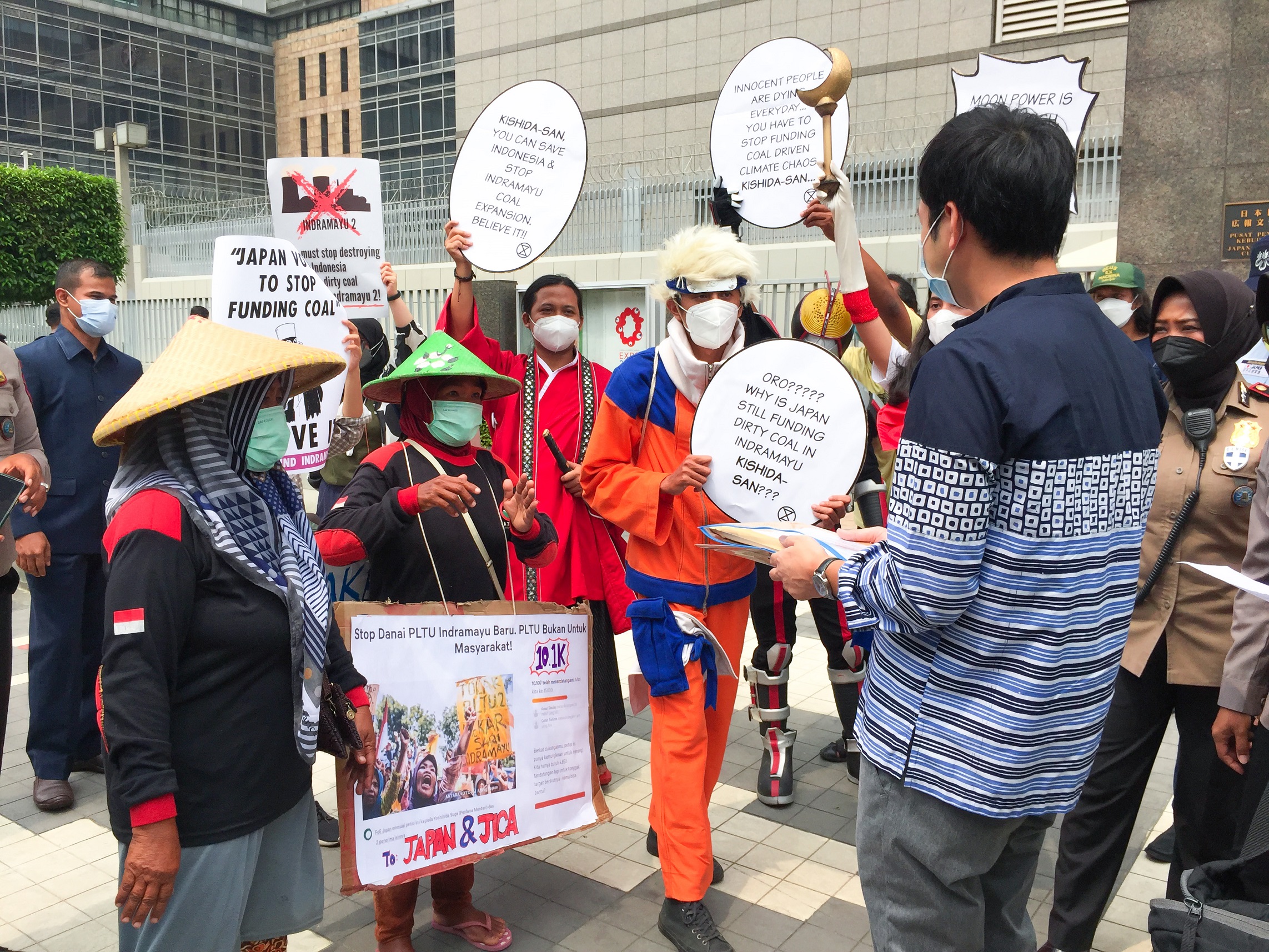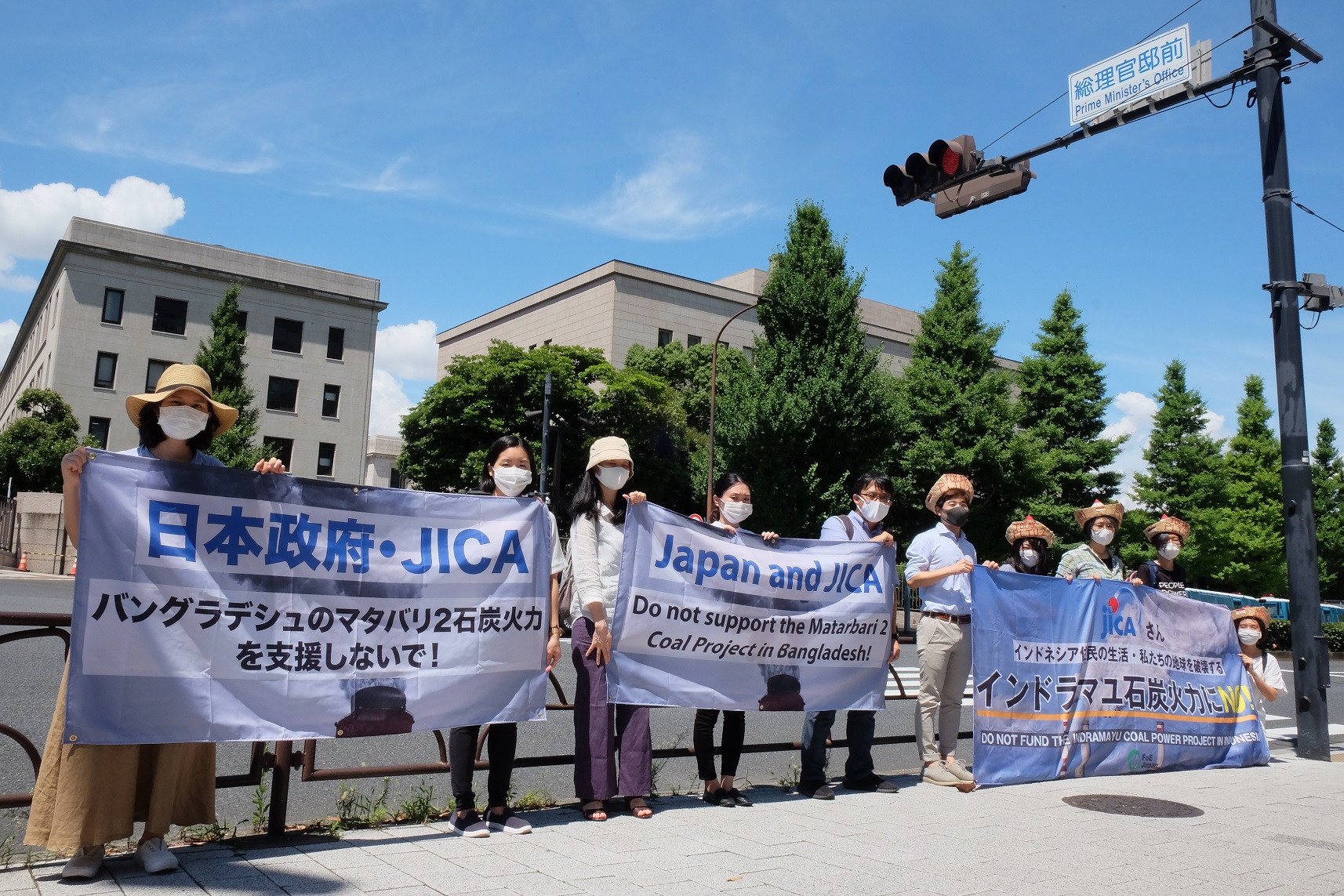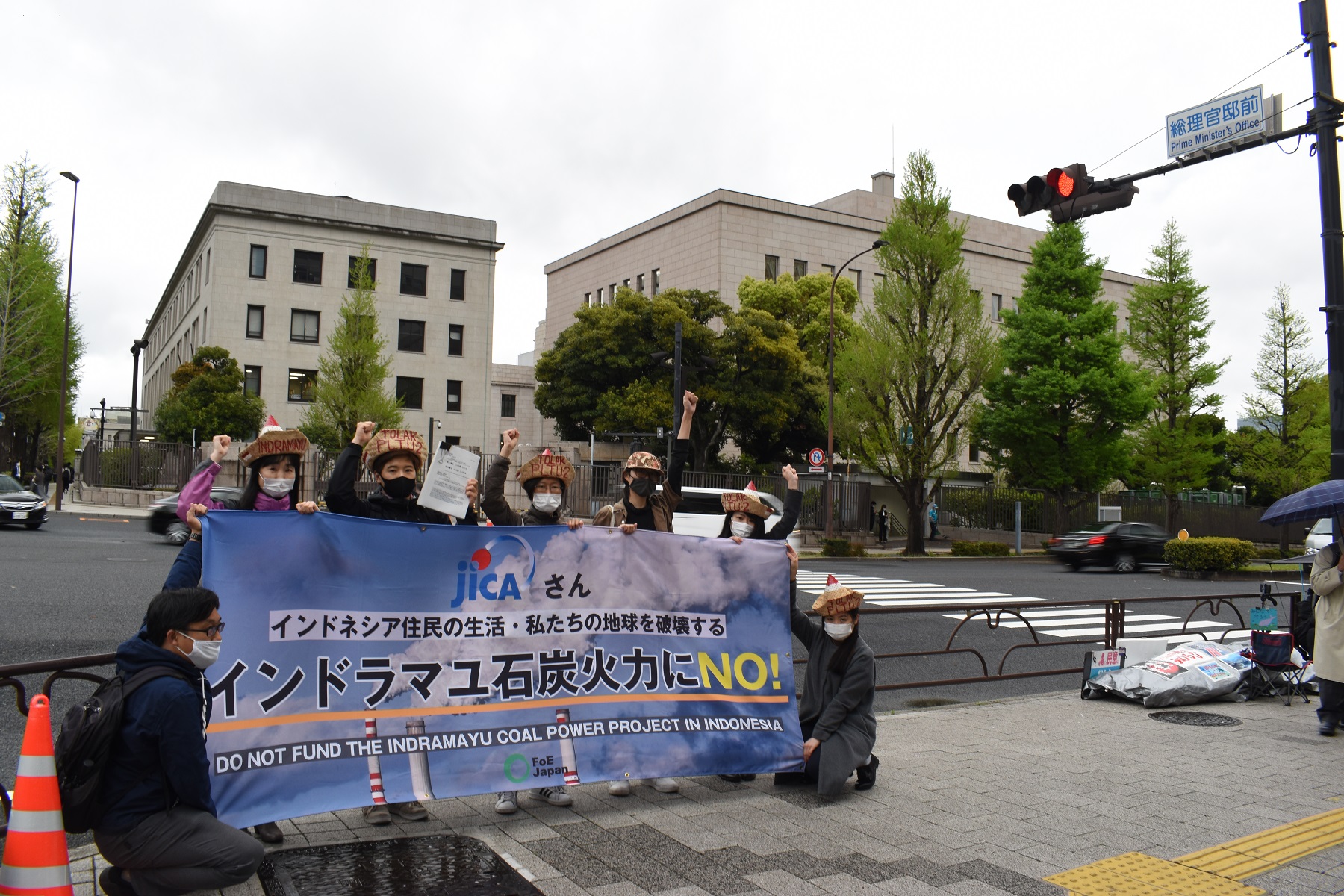Coal
Coal-fired power generation is the method of power generation that emits the most CO2, the main cause of climate change. Coal-fired power generation has brought about the industrial revolution and continues to support human life, but it is also associated with problems of human rights issues and environmental pollution at mining sites as well as air pollution and climate change.
Since the Great East Japan Earthquake in 2011 and the subsequent nuclear accident, the energy situation in Japan has changed dramatically. Since 2012, there has been a surge of plans to build new coal-fired power plants.Japan has been the only developed country in the world that has continued to build new coal-fired power plants since the Paris Agreement was signed.
In 2020, the Japanese government declared a “fade-out” of coal-fired power generation projects in the country, but the discussion has focused on eliminating what the government defines as low-efficiency coal, and there has been no discussion on the total elimination of coal-fired power generation.
Most of the coal used in Japan is imported from Australia and Indonesia. Coal has also caused various problems during mining. Fires and explosions often occur, and there are many coal mines with poor working conditions. In some cases, coal mining operations have caused catastrophic environmental destruction.
The Japanese government has positioned the active export of coal-fired power generation technology overseas, especially to developing countries, as a growth strategy and has supported the construction of new coal-fired power plants overseas. This government policy is being implemented by Japan’s public financial institutions, the Japan Bank for International Cooperation (JBIC) and Nippon Export and Investment Insurance (NEXI). It is also very problematic that many of these publicly supported projects lack not only consideration for climate change, but also human rights and environmental and social considerations for the local communities.
